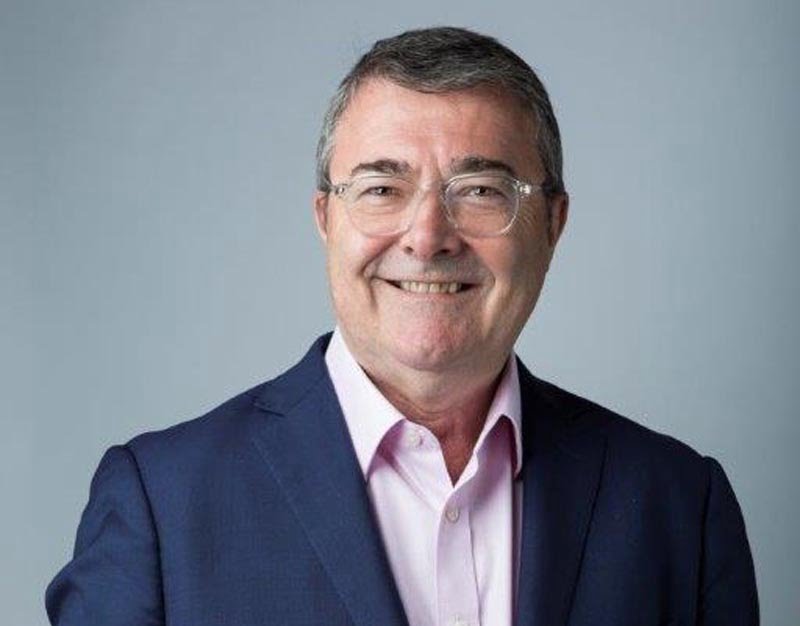Australia’s freshly-minted Defence Cooperative Research Centre (CRC) for Trusted Autonomous Systems has a stakeholder base that spans the continent and wants to boost commercial outcomes from tech developed for the Australian Defence Force.
The priority for the Defence CRC for Trusted Autonomous Systems is to solve the problems put forward by its only customer, the Australian Defence Force (ADF).
But the centre’s newly appointed chairman and chancellor of the University of South Australia, Jim McDowell, wants it also to be the place where dual-use technologies are developed into commercial applications.

“One of the things we haven’t been able to do successfully in Australia is leverage defence technology into commercial applications. While it’s a second order issue, it’s still something that would be a discriminator in what we support and what we fund,” Mr McDowell told InnovationAus.com.
The CRC was launched in Brisbane last week under the federal government’s $730 million Next Generation Technologies Fund.
Minister for Defence Christopher Pyne said the Defence CRC will allow industry and research sectors to collaborate on developing autonomous systems for the ADF.
“Not only will Defence benefit with new capabilities, Australian industry will improve its expertise and competitiveness in autonomous technologies. I look forward to the CRC making a vital contribution to advances in autonomous systems for Defence capability,” Mr Pyne said.
However, unlike traditional CRCs, the Defence CRC will not be putting any call outs for ideas or pitches. Instead, the solution development will begin with a problem presented by the ADF, before the CRC collates the necessary resources to help solve that.
“It’s because we only have one customer, which is the ADF, so you’re able to go straight to the customer to the capability manager and the vice chief of defence force, and ask what they think is important, what should be the subject of the CRC,” Mr McDowell said.
“What we have said to the universities is that the CRC will be industry-led. No university can come to us on their own; they have to come with an industry partner. This is not a cash recycling centre.”
By taking a customer-driven and industry-led approach, this means the CRC can avoid falling short of academia-led research ideas that may not be commercially viable, which has long been a systemic issue faced in Australia.
“Australia has not had a terribly successful track record of commercialising. The universities are fantastic at generating the idea and research, but have not been particularly effective – with some exceptions – to commercialising,” Mr McDowell said.
Mr McDowell said policy changes to intellectual property and setting regulatory frameworks around autonomous technology, including artificial intelligence and machine learning, can potentially help change the conversation, and lead to export opportunities.
“We need to make it clearer about the ownership of intellectual property that is generated. The IP that is generated should belong to the person or entity that can best commercialise it and that would rarely be, for example, a university, and much more likely to be an industrial entity, which is why this particular CRC will be industry-led, so we can set down a set of IP rules top-level that facilitates that,” he said.
The Defence CRC will initially carry out three research projects in the maritime, air and land domains led respectively by Thales Australia, Lockheed Martin, and BAE Systems. Despite the projects being led by the key government defence contractors, Mr McDowell is optimistic that a startup will help kick off the first project.
“If for no reason, SMEs are much easier to deal with when it comes to legalities and processes, have shorter decision cycles, and they’re not all lawyered up. I would say certainly the first project we announce before the end of this year or at the start of September will be with an SME,” he said.
Do you know more? Contact James Riley via Email.

